The 4th Ghetto Biennale 2015
Dates and Venue:
15 – 20 December 2015
Port-au-Prince, Haiti
The Ghetto Biennale is a cross-cultural arts festival held in two adjacent informal neighbourhoods in Port-au-Prince, the capital of Haiti, called Lakou Cheri and Ghetto Leanne. It is hosted by the artists’ collective, Atis Rezistans, and has taken place every two years starting in December 2009. The Ghetto Biennale is attempting to momentarily transform spaces, dialogues and relationships considered un-navigable and unworkable into transcultural, creative platforms. The Ghetto Biennale has realised a ‘chaotic, amorphous, de-institutionalised space’ for artistic production that attempts to offer a vibrant creative platform to artists from wide socioeconomic classes.
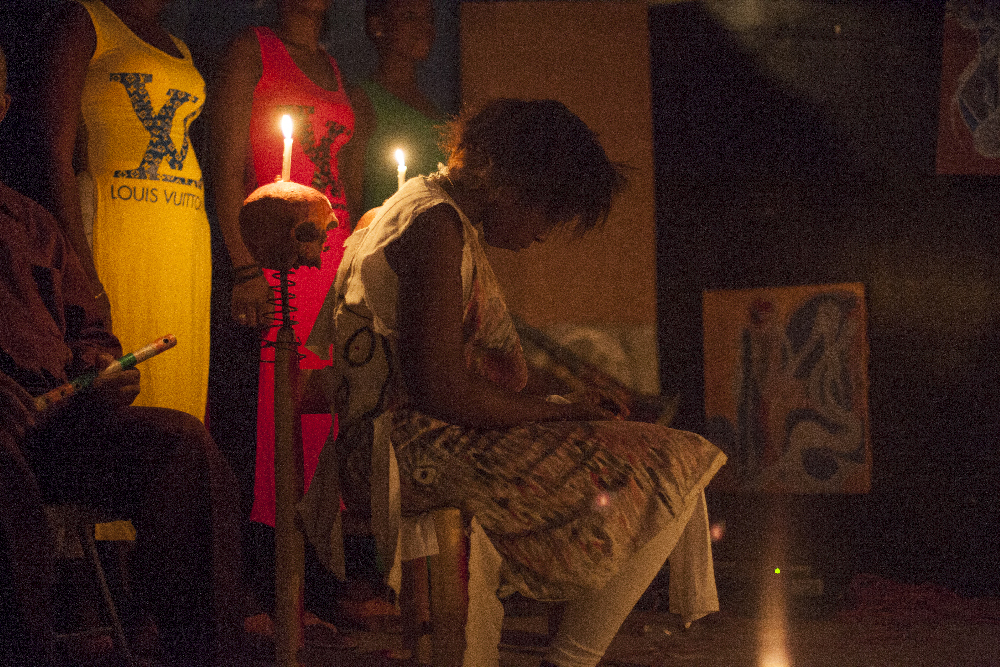
Image courtesy of the Ghetto Biennale
Curatorial Statement
KREYÒL, VODOU and the LAKOU: Forms of Resistance
After the Haiti Revolution, the formerly enslaved peasants had three tools for their ‘counter-plantation’ position; the Kreyòl language, the Lakou system and the belief-system and ritual practices of Vodou, a triumvirate of linguistic, territorial and cultural resistance. Laurent Dubois, writing in ‘Haiti: The Aftershocks of History’, notes that, ‘thanks to a remarkably strong and widely shared set of cultural forms – the Kreyòl language, the Vodou religion, and innovative ways of managing land ownership…- they built a society able to resist all forms of subjection that recalled the days of slavery.’
The language of Kreyòl, which was born in the colonial plantations, began as a basic and rough method of linguistic communication between the culturally and geographically diverse populations of the colony. After the slaves revolt Kreyòl became a language of resistance and retreat from the metropolitan state, which continued to use French as the lingua franca of power and capital in Haiti.
Vodou is a creolised religion forged by African slaves and their descendants which is comprised of elements from a wide range of diverse religious practices including many African traditions from the Fon, Dahomean, Kongo, Yoruba, and other African ethnic groups; Christianity and of the indigenous Taino Indians who were the original inhabitants of the region. As Dubois comments, ‘As they suffered together through the trauma of plantation life, Africans and creoles developed their own rituals of healing, mourning and worship.’
The Lakou is a sub-altern land management system in the rural provinces of Haiti which refers to clusters of houses around a yard which house extended and multi-generational families, forms of land management, ownership, co-operative labour and trade practices which attempted to resist the return to the plantations. As Dubois wrote, ‘In order to preserve that control, the Lakou system established its own set of customs to regulate land ownership and land transfers. The state had no part in these transactions, which were overseen entirely by community and family institutions.’
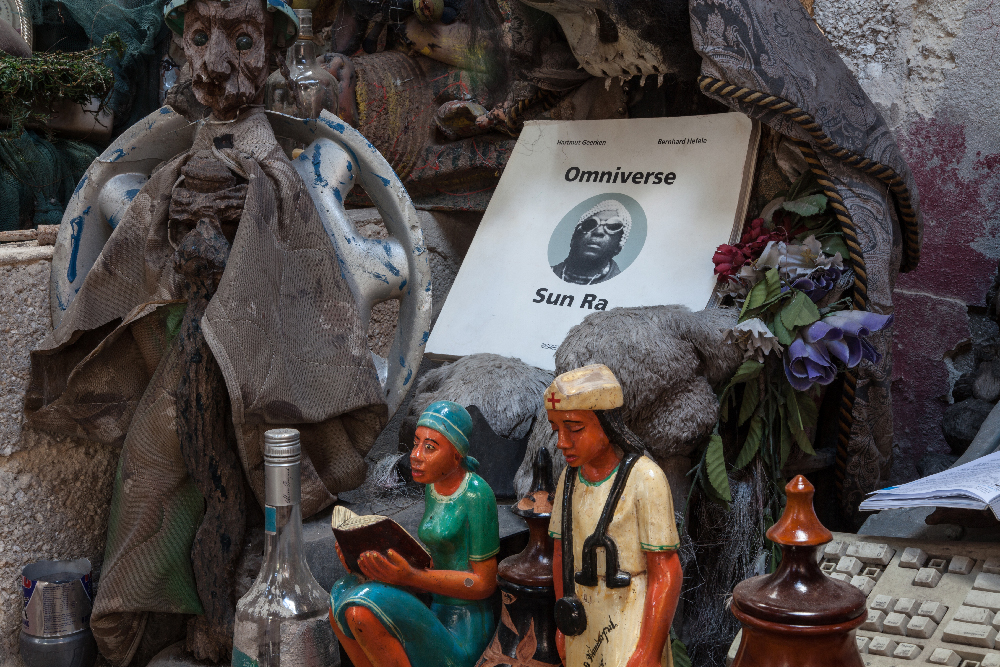
Image courtesy of the Ghetto Biennale
Curatorial Team
Andre Eugene (HT)
Co-founder of Ghetto Biennale, Curator
Cat Barich (DE)
Curator (Site logistics, artist liason)
Claudel Casseus (HT)
Curator (Onsite management)
Evel Romain (HT)
Curator (transport and logistics)
Lazaros (US)
Curator (Images, website admin, press, film screening management)
Leah Gordon (GB)
Co-founder of Ghetto Biennale, Curator
Liz Woodroffe (GB | BB)
Curator (Graphic Design, Social Media)
Maccha Kasparian (FR)
Curator (Site mapping)
List of Artists and Projects
Click here to access the full list.
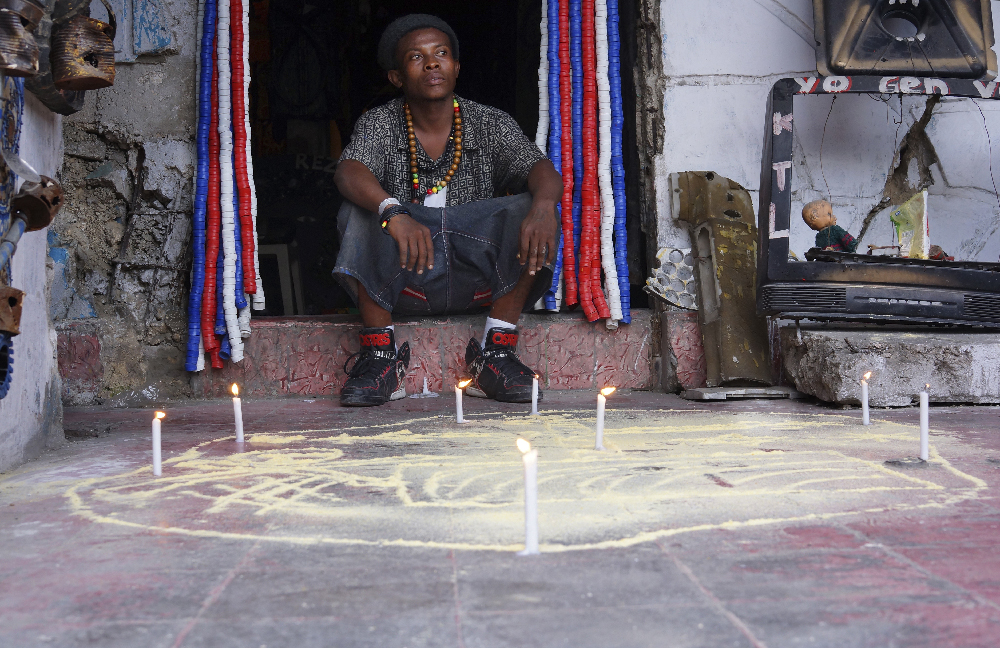
Image courtesy of the Ghetto Biennale
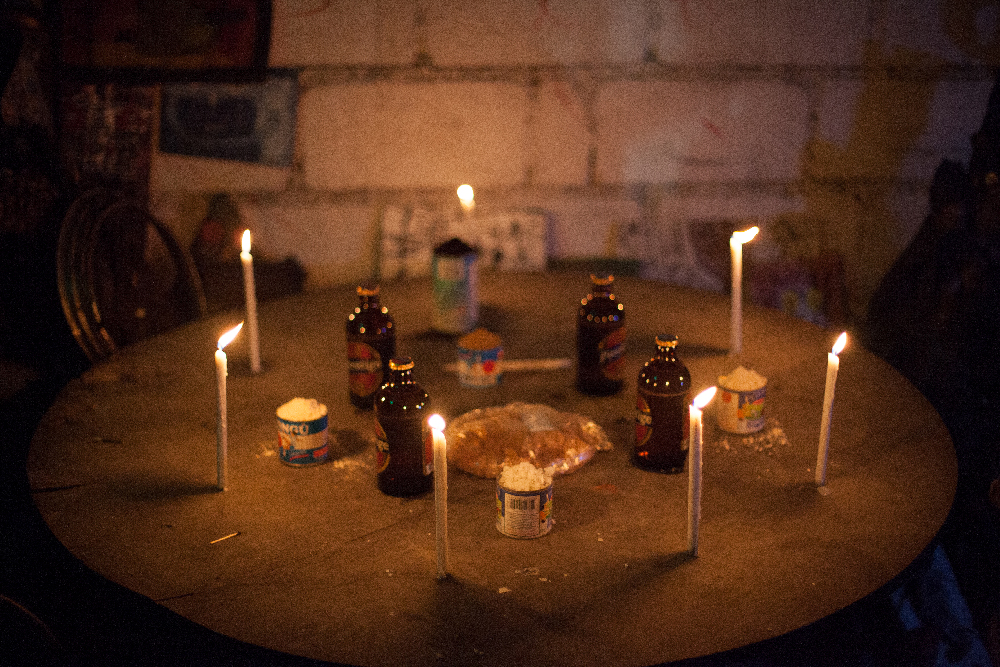
Image courtesy of the Ghetto Biennale
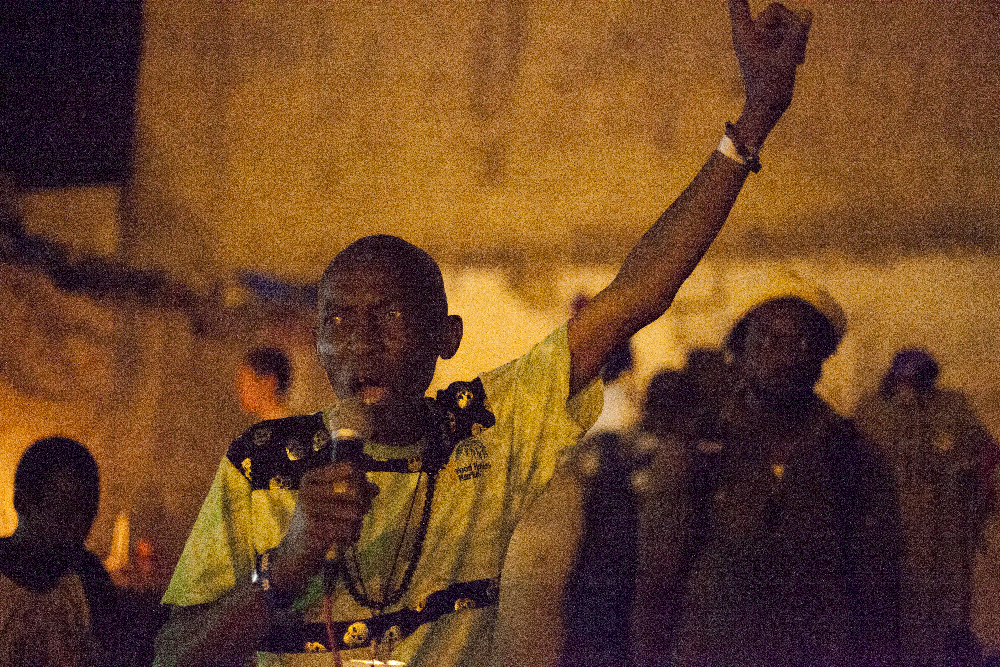
Image courtesy of the Ghetto Biennale
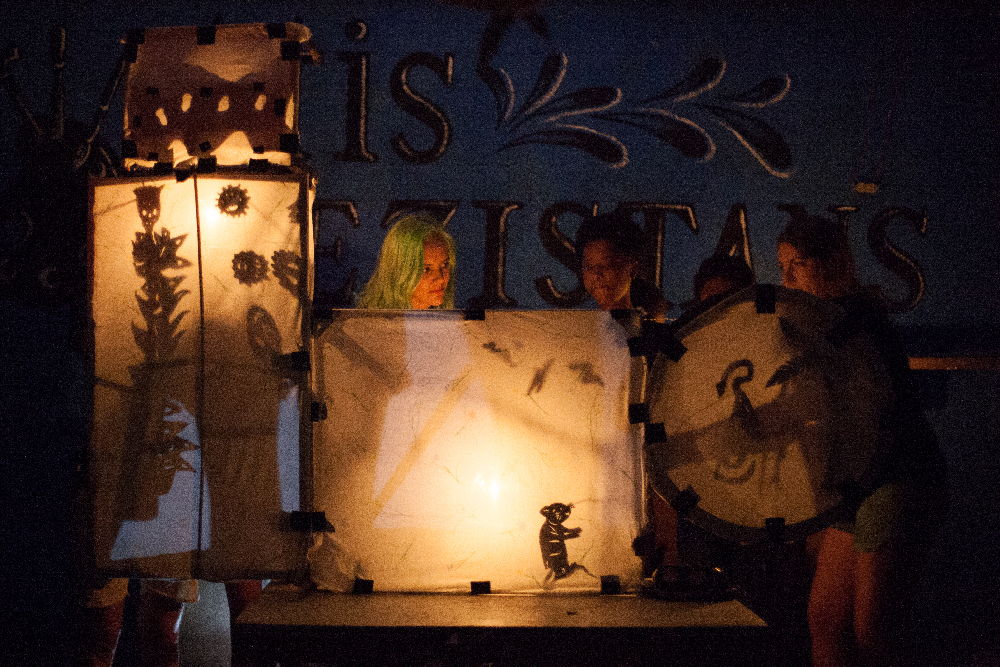
Image courtesy of the Ghetto Biennale
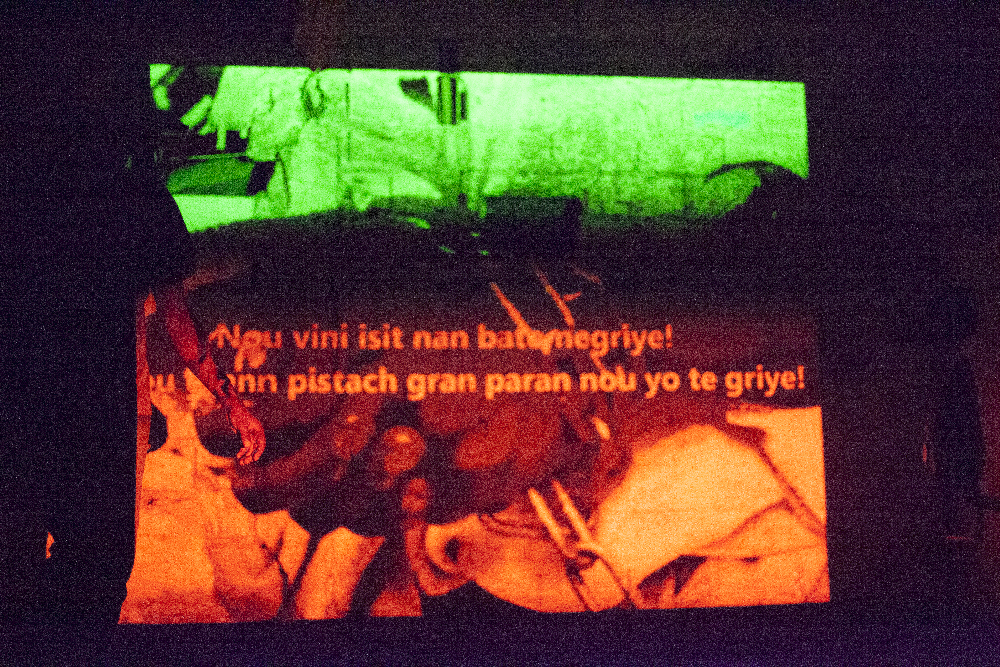
Image courtesy of the Ghetto Biennale
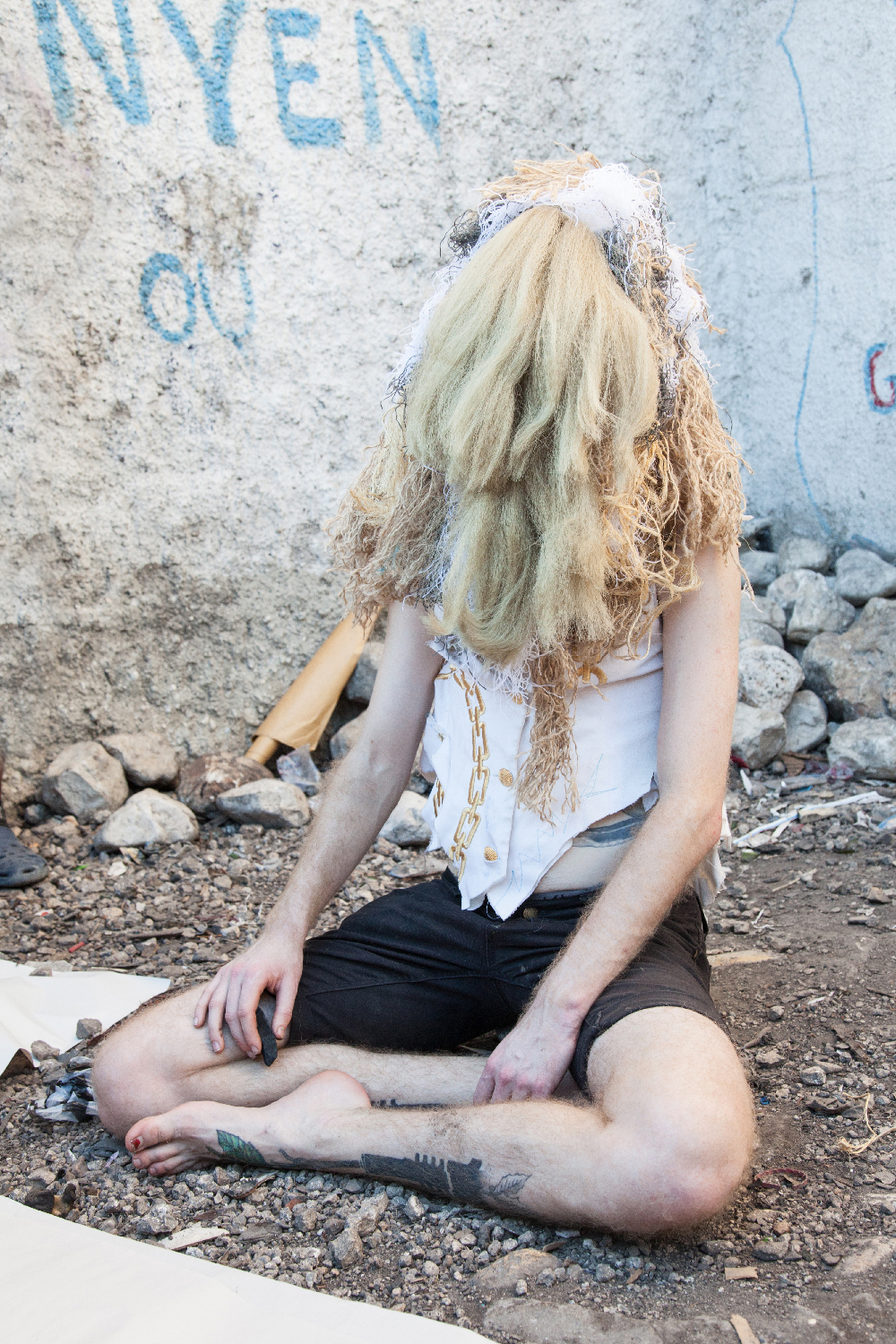
Image courtesy of the Ghetto Biennale
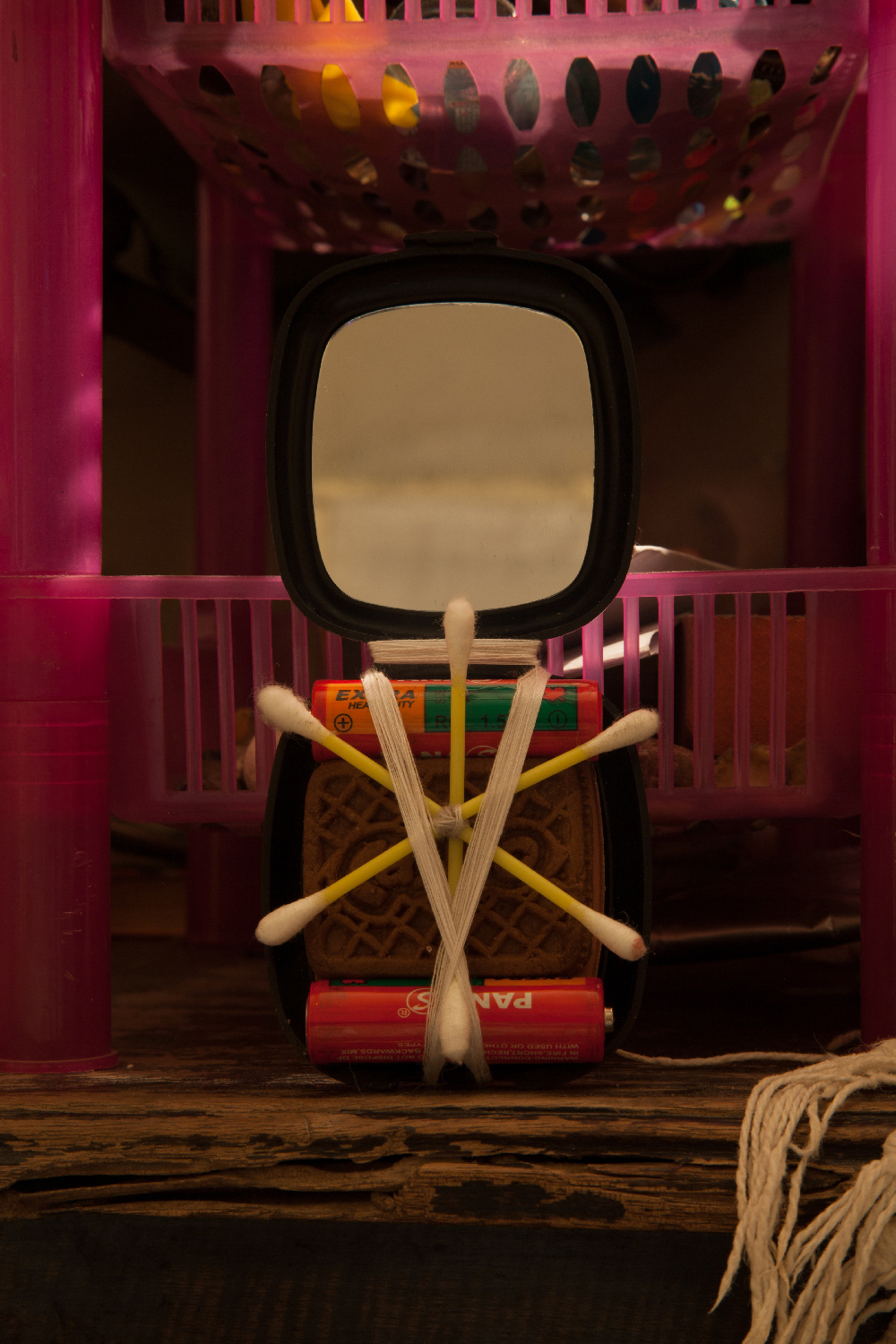
Image courtesy of the Ghetto Biennale
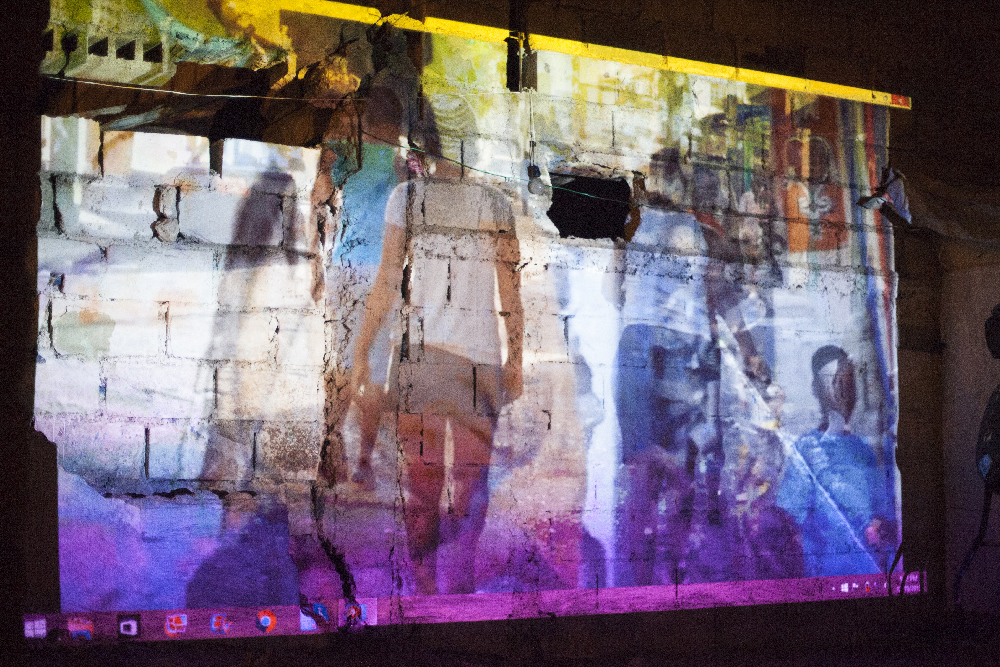
Image courtesy of the Ghetto Biennale
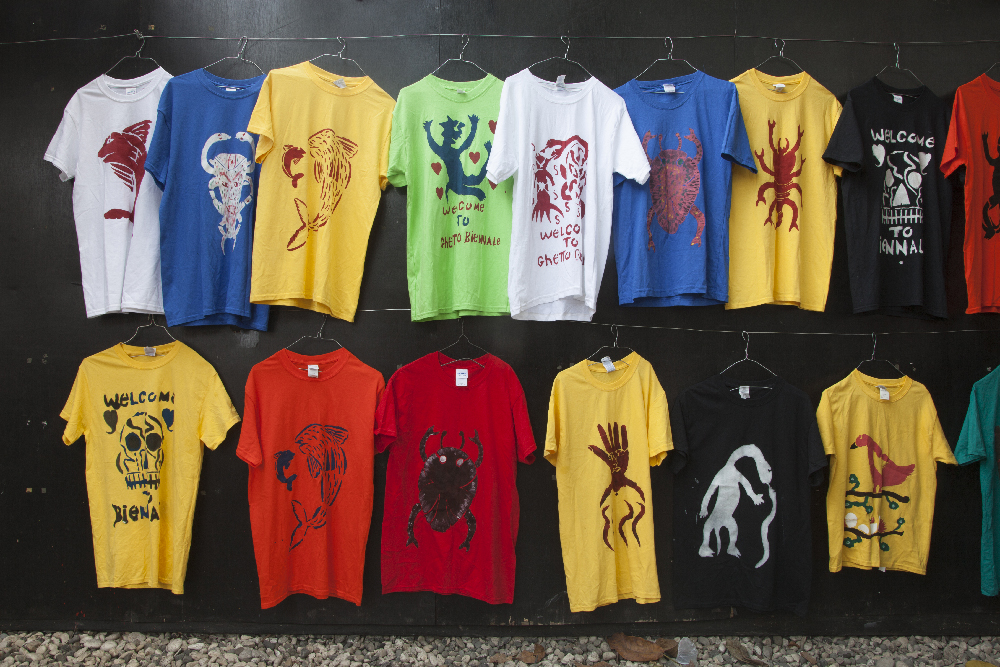
Image courtesy of the Ghetto Biennale
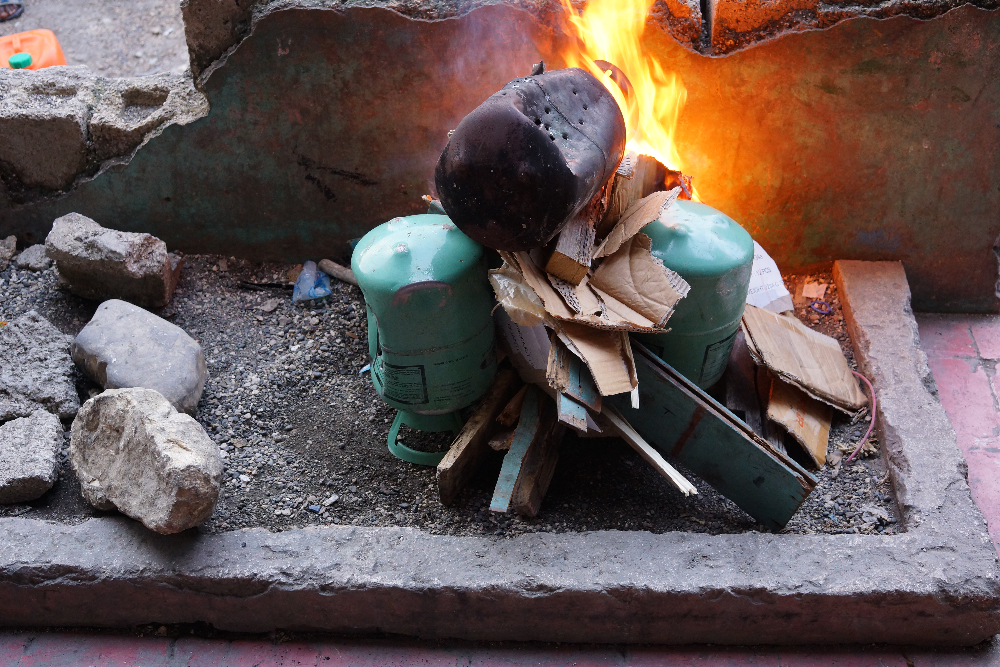
Image courtesy of the Ghetto Biennale
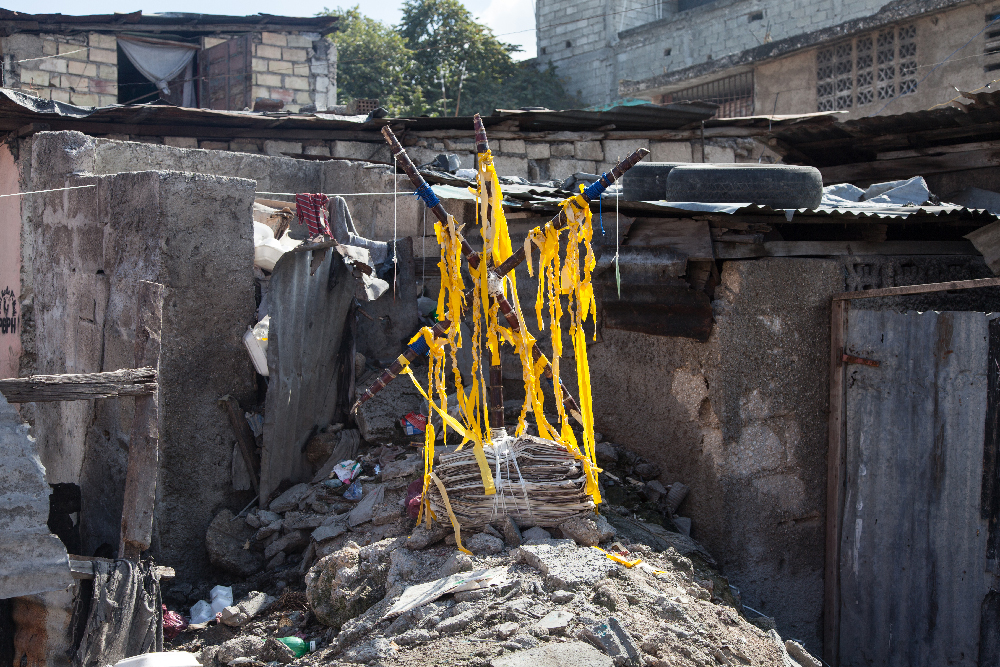
Image courtesy of the Ghetto Biennale
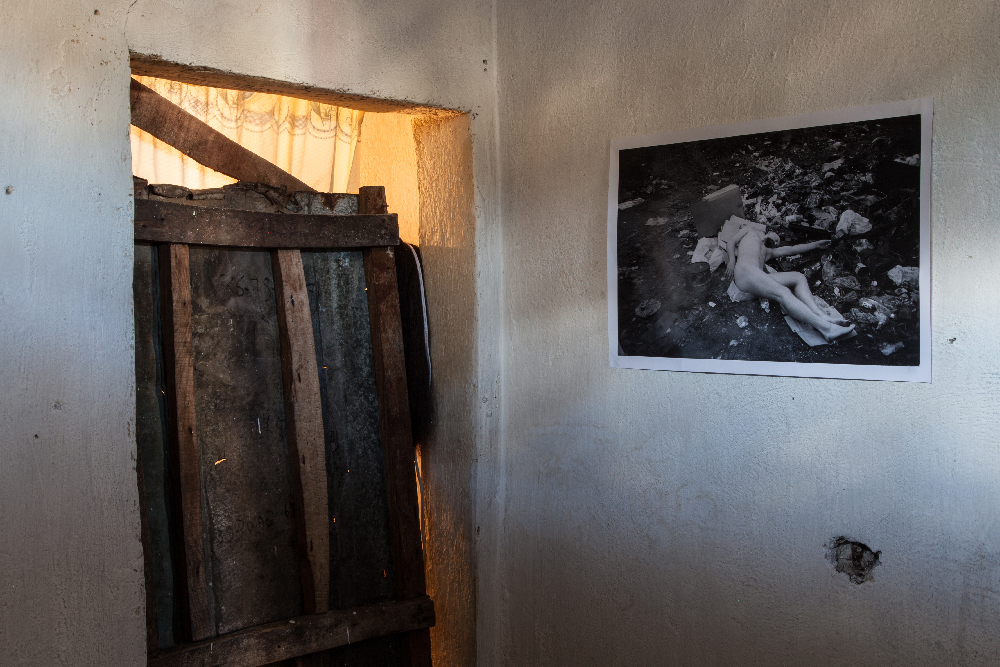
Image courtesy of the Ghetto Biennale
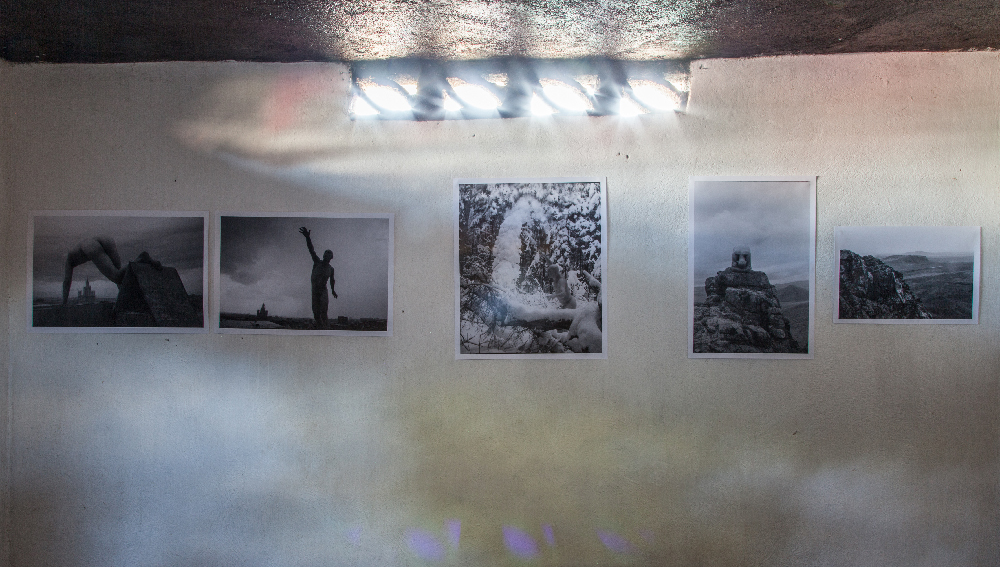
Image courtesy of the Ghetto Biennale
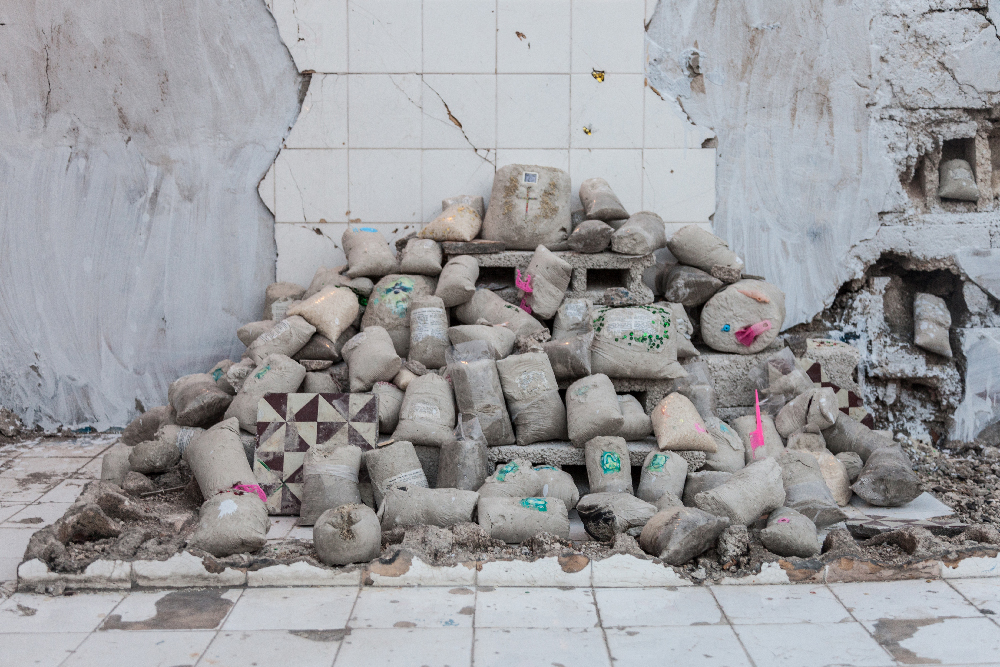
Image courtesy of the Ghetto Biennale
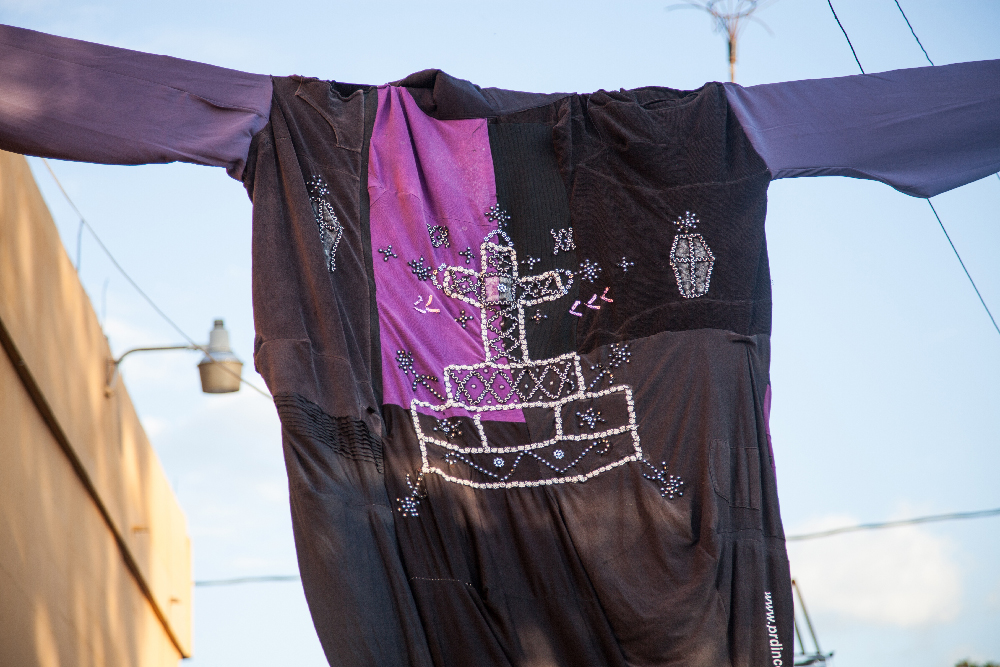
Image courtesy of the Ghetto Biennale
RESOURCES
Images courtesy of Ghetto Biennale with special thanks to co-founder and curator Leah Gordon.
Click here to access more information about the 4th Ghetto Biennale 2015.
Click here to for the Ghetto Biennale catalogue, available in English and Haitian Kreyol
Click here to access a reading list, online films and other research resources.
